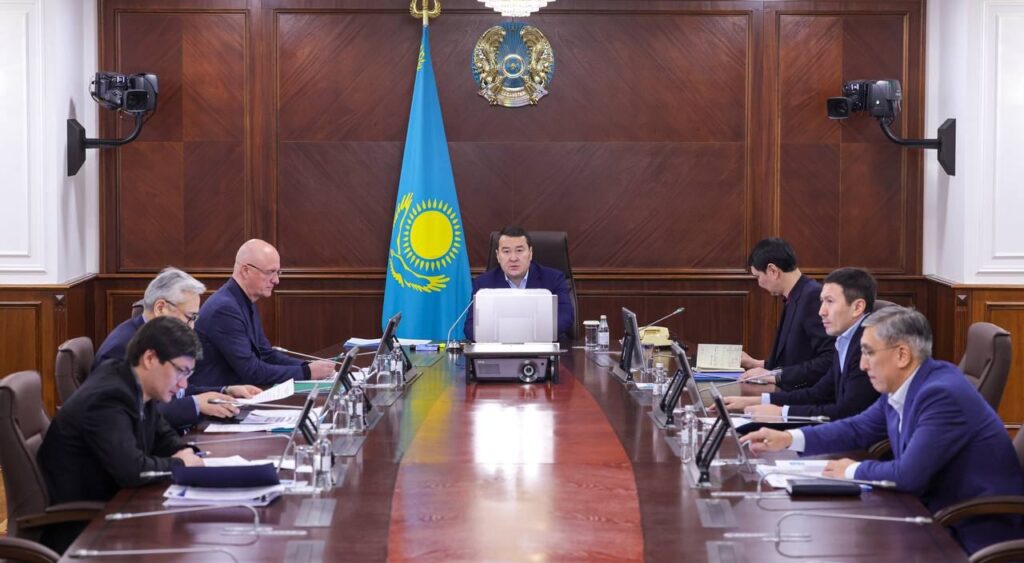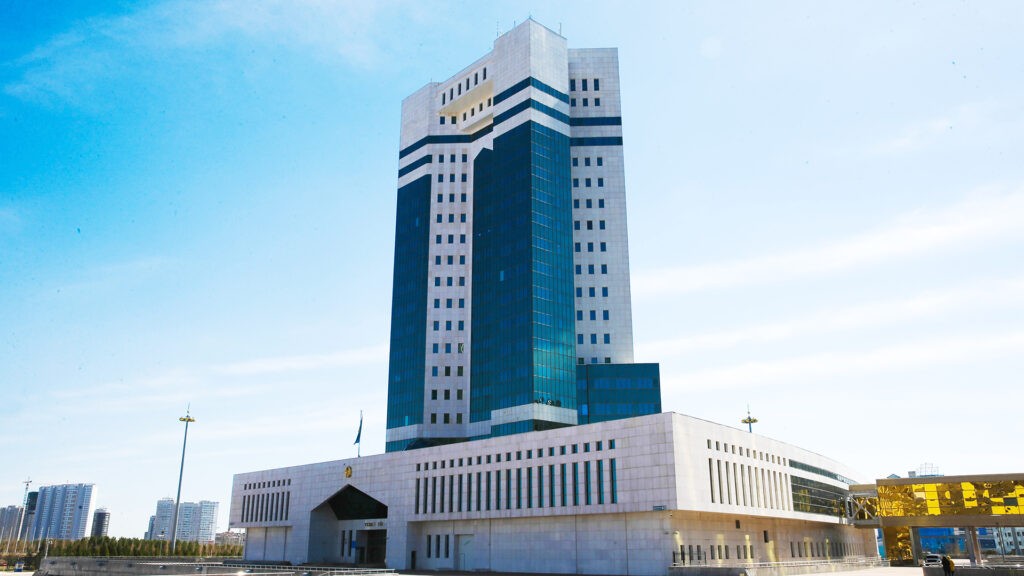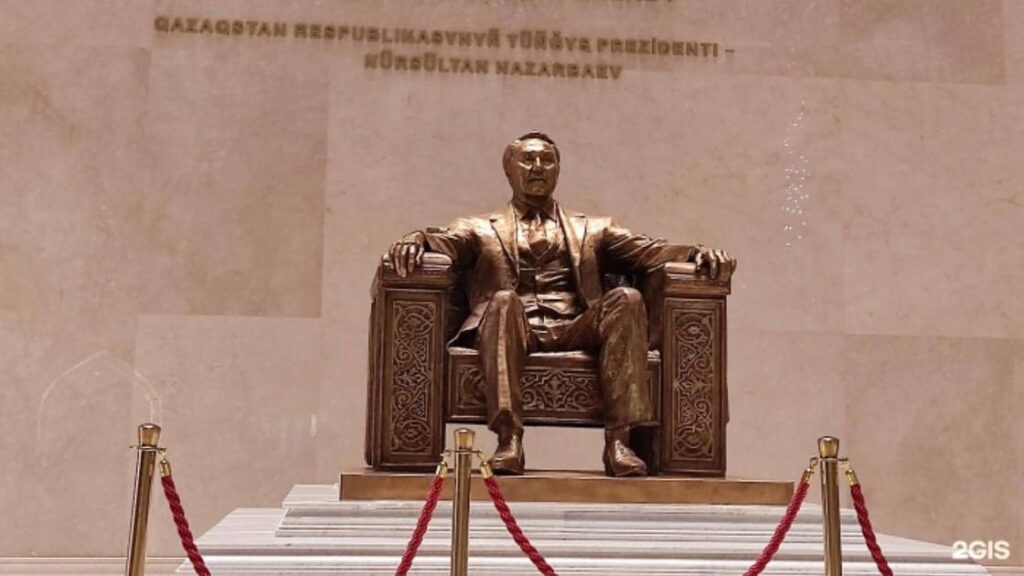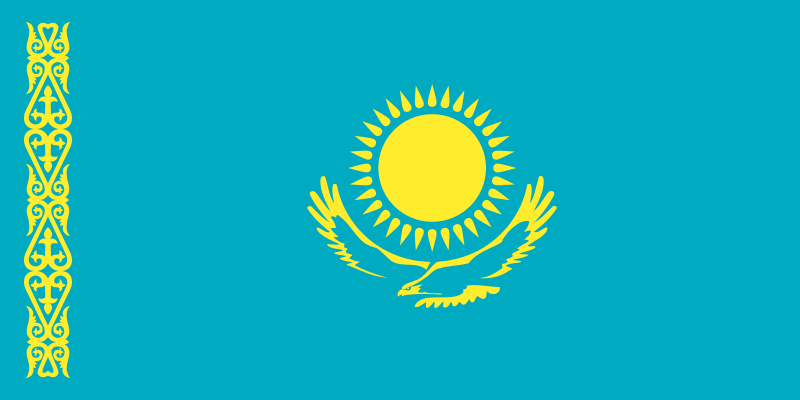Kazakhstan Continues Countdown Ahead of Move to Single Unified Timezone
In less than two weeks, the stroke of midnight will unify all of Kazakhstan in a single timezone. On the night of February 29th-March 1st, residents of twelve regions - as well as the cities of Astana, Almaty and Shymkent - will have to move their clocks back an hour unifying the country in a single timezone (UTC+5). But not all citizens are happy about it, with some arguing it will impact their health. Residents of the East Kazakhstan region are especially fierce in defending their perceived rights. Earlier this year, a lawyer from Ust-Kamenogorsk filed a grievance against then-Prime Minister Alikhan Smailov demanding compensation for damages due to the time change. For that reason, scientists were dispatched to the region to explain the benefits of the timezone change to local residents. Among the advantages they noted were the elimination of time barriers between residents of different regions of Kazakhstan, more favorable conditions for doing business, streamlining the work of government agencies and emergency services, and improved coordination of transport and communication. Professor Sultan Tuleukhanov, head of the Department of Biophysics and Biomedicine of the Kazakh State University, agrees with the residents of East Kazakhstan. "There is such a concept as desynchronises, a type of inconsistency. In particular, it's a change to the chrono-structural parameters of biological rhythms of the human organism," he noted. Desynchronosis causes irritability and fatigue while also reducing the efficiency of the body. However, according to other specialists, residents of most regions will experience this only in the short term. There is one more concern, however. In some cities, it will get dark earlier after the time change, meaning people will have to work under artificial lights and turn on electricity earlier, meaning expenditure on electricity will increase. Yeraly Shinasilov, the director of the national dispatching center of the system operator, KEGOK (Kazakhstan Electricity Grid Operating Company), said that the change of time zones will only affect the finances of residents slightly. "Our consumption grows about 2% every year. Due to the fact that our peak demand will move to an hour earlier, it will all dissolve into the natural growth of consumption during the year," he stated. Only time will tell how effective the single time zone will be for Kazakhstan.







